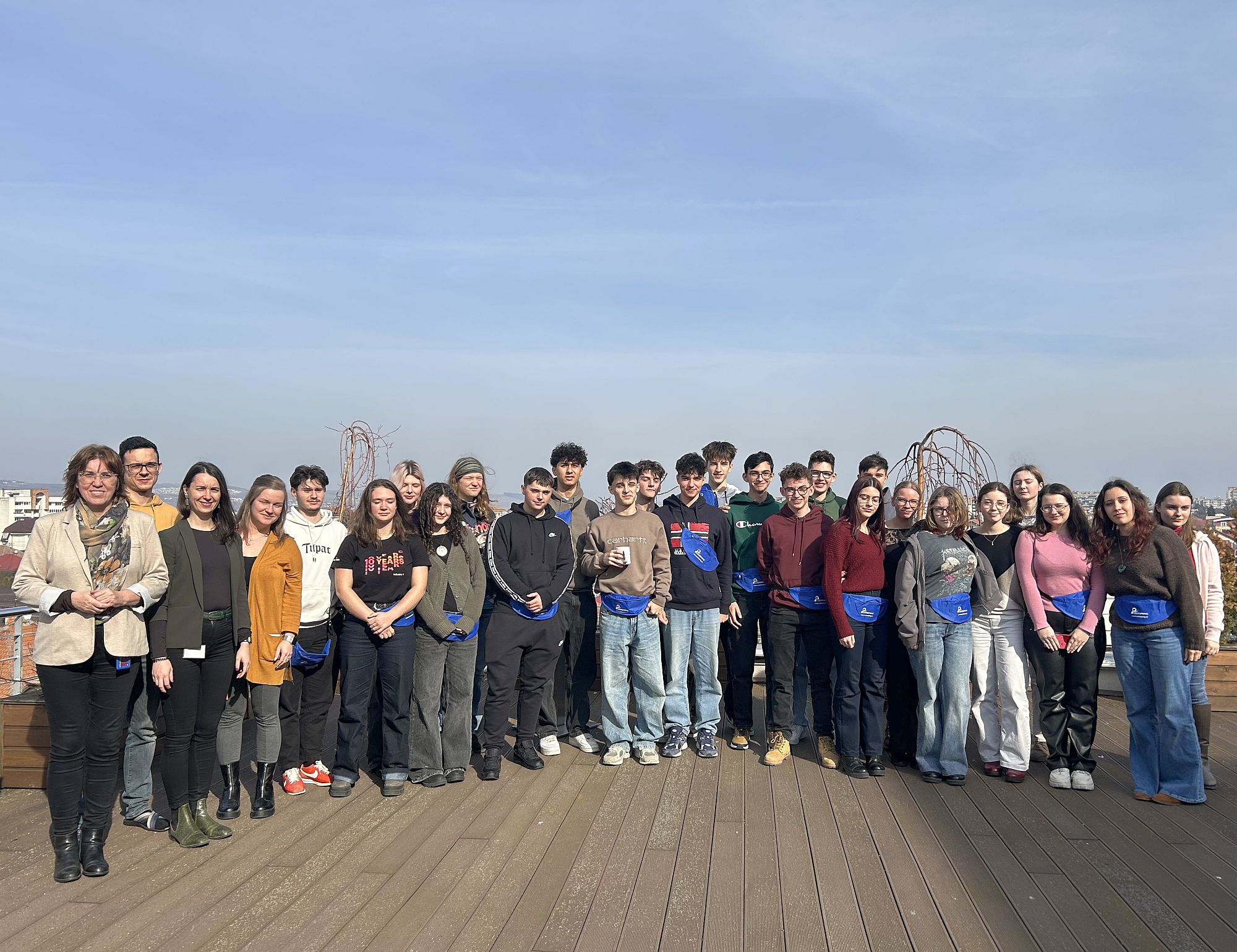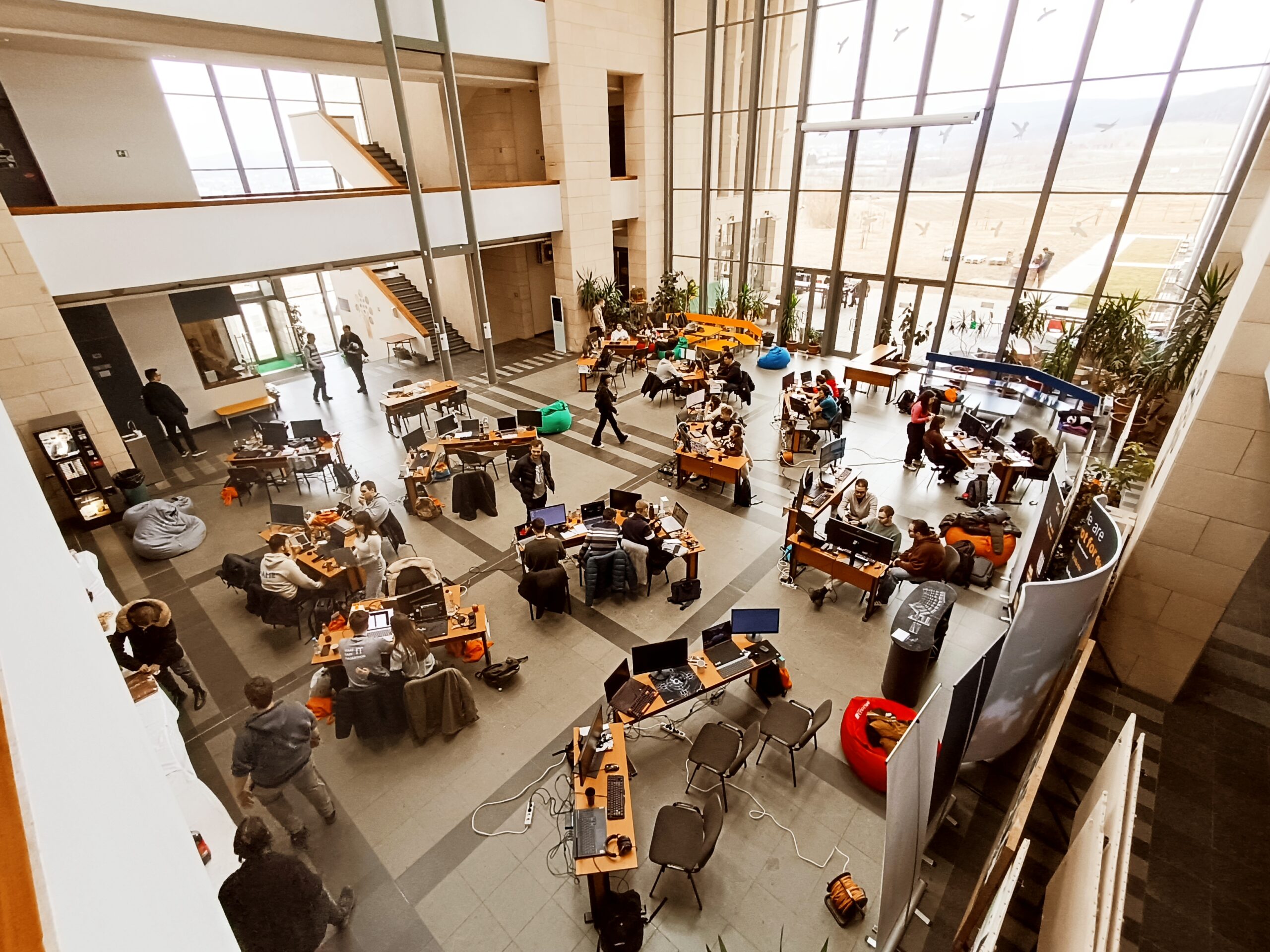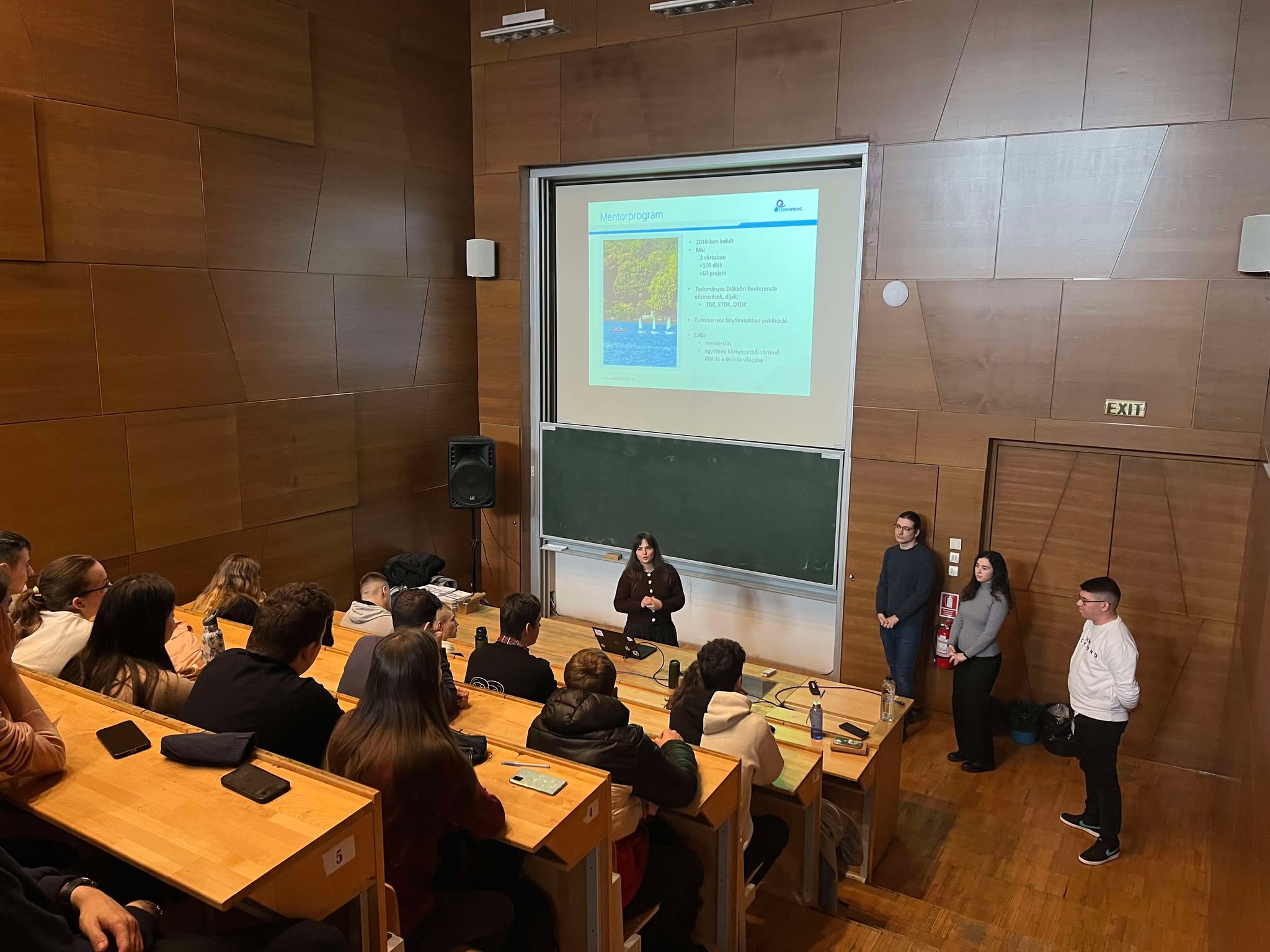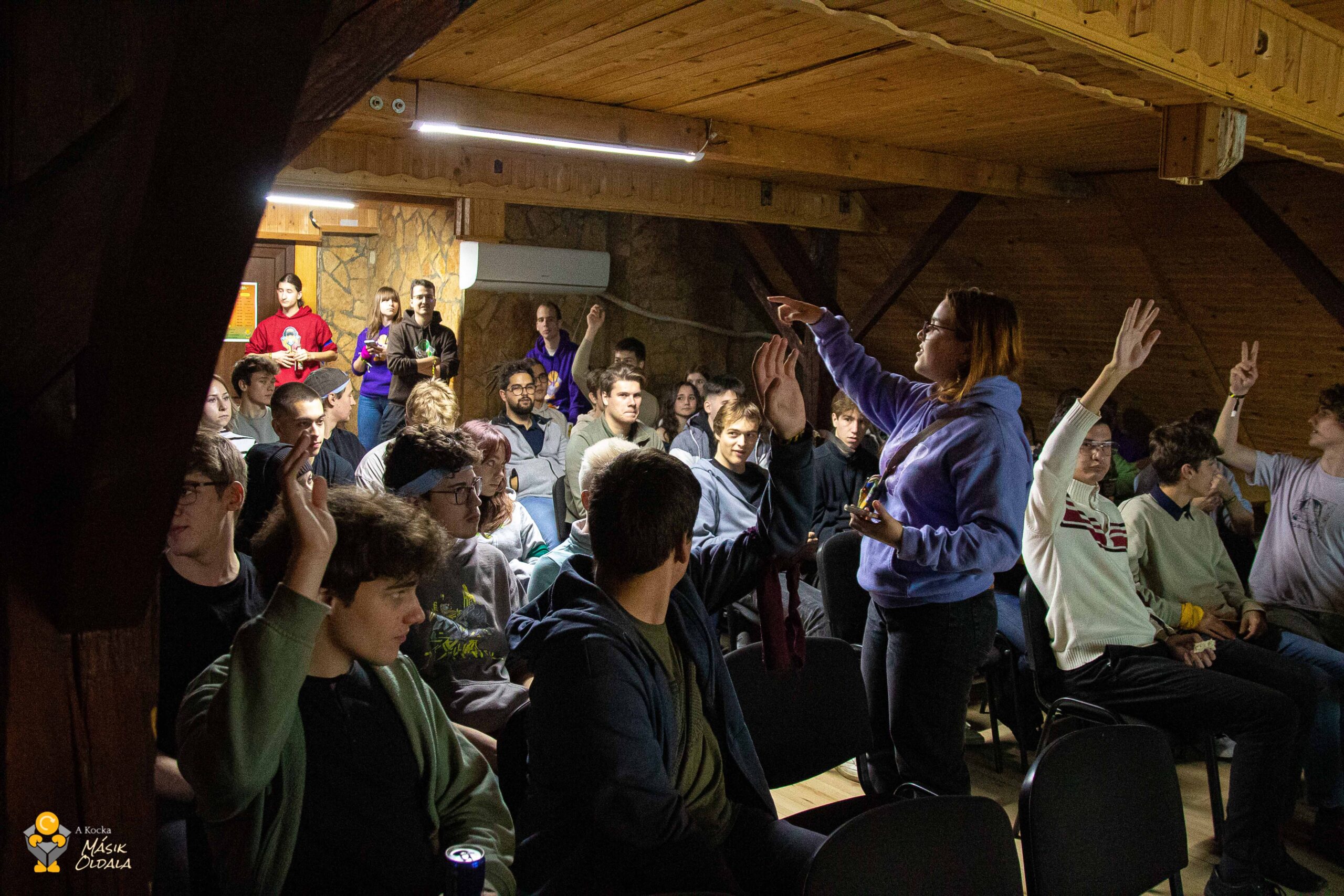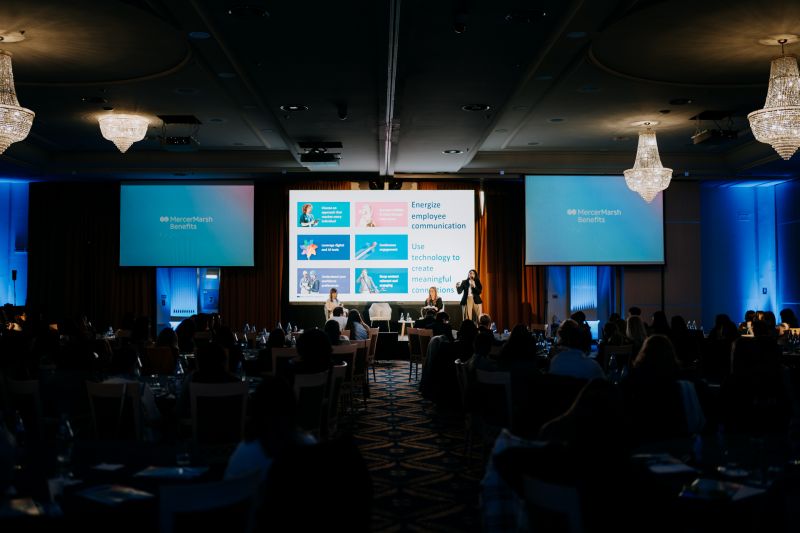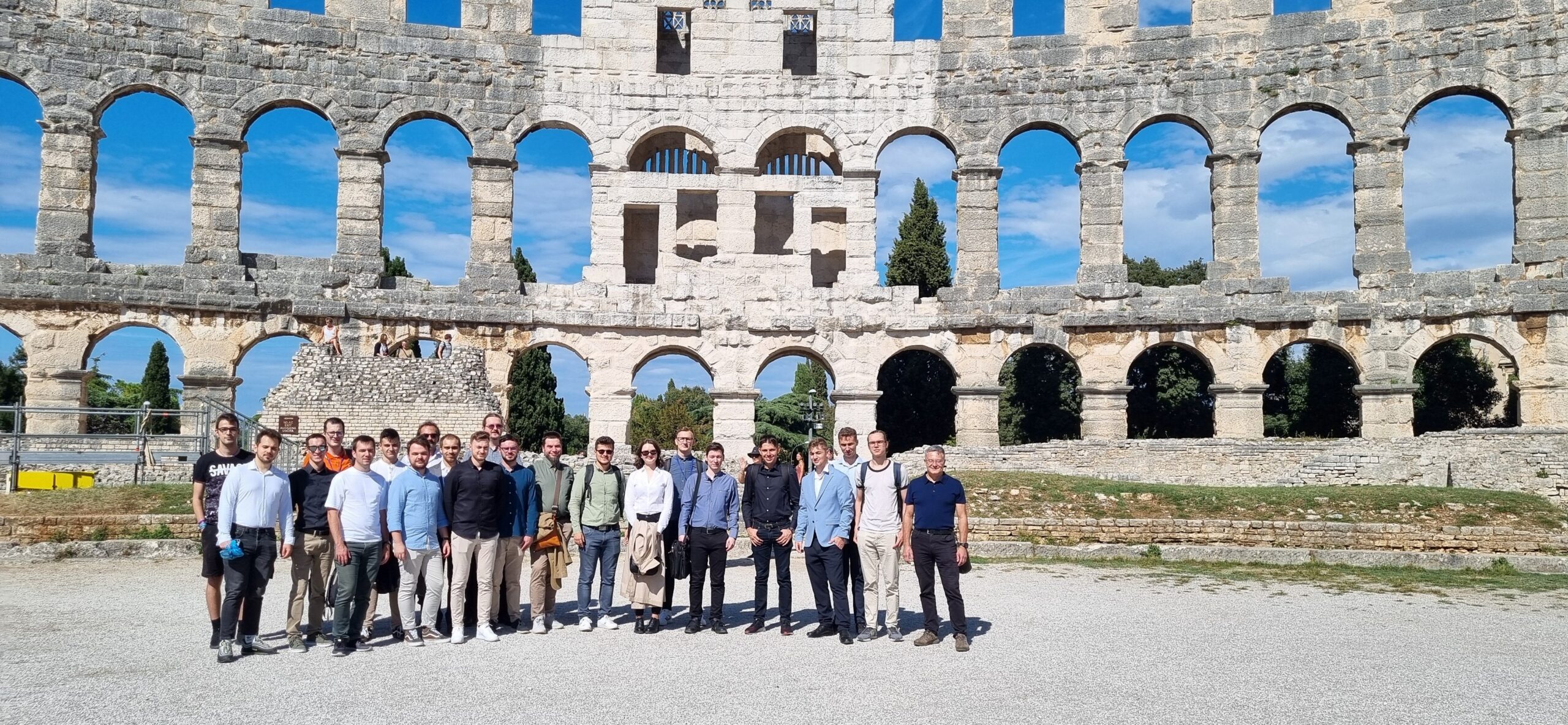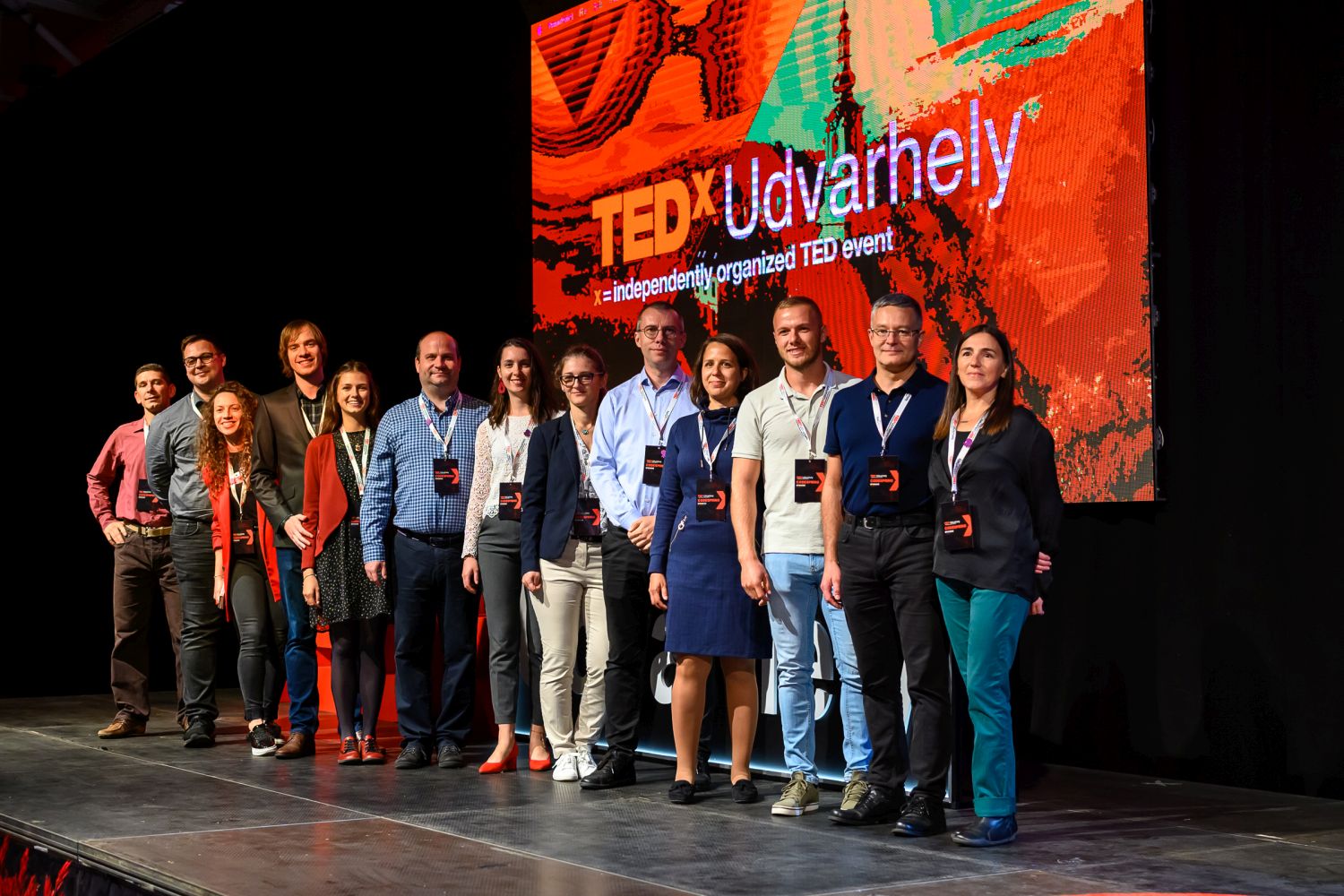“N’oubliez jamais /… / Every generation has its way” … sings Joe Cocker by its gritty voice in his well known tune. The words may echo in our ears since we currently are experiencing the coexistence of five distinct generations: The Traditionalists, The Baby Boomers, Generation X, Millennials (Generation Y) and the upcoming Generation Z. To what extent does the generation shift mark the way we interact at the work place? Is the ITC industry subject to the changes that Generation Y produces? Does the “geographical” factor bring distinct characteristics across the world? Are Human Resources departments prepared to integrate and manage this type of mixed community? What is specific to the CEE and Romania? The thread of questions expands suddenly when we superpose the historical events in the picture.
Millennials push society to a new technological era
Millennials, also named Generation Y, Next Generation, Echo Boomers or Digital Natives include people born between 1978 and 1995 / 2000, currently in their 20s and 30s, mostly described as technosavy, digitally sophisticated, multitaskers, able to filter and consume information rapidly. This generation grew along with all technology developments and did not, in general, experience the “technological shock” as their peers from elder generation. Millennials have been seeing the evolution of the new breed of jobs under their eyes and are prepared to engage and embrace new professional horizons. Up to this moment, Millennials have proven the ability to drive change and disrupt classic business models in their environment. It is true, this generation is also the “Trophy Generation” having great expectations from their jobs, their boss, their colleagues and peers, but there is a totally new perspective towards “integration” of what is “different”, of what is the relation between work and personal life. Millennials are organizing themselves in interactive mixed communities, both online and offline which they try to seamlessly connect with their lives outside the workplace. Communication at all levels has high degree of “directness” and “straightforwardness”.
Romania and the CEE: a slightly different landscape
No matter how rapidly CEE countries recovered the technical and technological gap of the ‘80s and ‘90s compared to the Western Europe and USA, the education and culture in place before 1990 has affected the first life decade of CEE Millennials. A basic analogue environment was accessible; therefore, we may say that only people born after 1990 had the chance to grow with modern technologies in their homes.
In Romania 15% of the total population are Millennials and they actually are representing 40% of the total employed workforce. While the general unemployment rate per country was of 7.6 % in 2010, the most affected was the young educated generation with a rate of 14% in 2010. However, one should take into consideration that this generation was the first in Romania and CEE to pay rents at market level during these post-communism uncertain times and high un-employment rates.
The former education based on traditional values, on the respect for the hierarchy and the desire to achieve by own forces, turns CEE Millennials in high performance employees and business partners. The recent economic recession was a straight hit in the Generation Y, in terms of financial security: being in the first decade of their careers, they directly faced the job offer shrinking and the obstacles of becoming financially independent.
Romanian ITC Millennials: fit for the new job generation
In such context, one of the winners during the global recession was those who have graduated information technology and computer science. At the writing of this article, the two main competitors on the online job posting market in Romania recorded the following: 24% of the total job advertisements are related to the IT&C for bestjobs.ro, while his contender ejobs.ro was showing 25% of the same sector.
Clearly, the offshoring and nearshoring strategies of the last couple of years did have a positive impact on the Romanian IT&C workforce in terms of employment and business culture. Facing cultural diversity, Millennials in Romania had the chance to grab a bite of the world’s IT&C cheese. On the occasion, global companies discover a new type of results driven and talented pool, a generation able to coexist with all previous three generations specific traits, due to their ‘80s-‘90s life experience, and, most of all, able to cope with the already incoming demand of the next generation: generation Z.
Human Resources must address new expectations
Over the last decade, HR became a fully embedded strategic process having the role of shaping the culture of the organization so that business goals may be achieved. Specific software can now simplify, shorten and facilitate HR activity aiming to integrate digitally native Millennials. They are already keen in demonstrating that shorter absorption time of the knowledge of their predecessors may be achieved, organizations just need to give them the necessary tools. For Millennials, high-tech gadgets are already an extension of their-selves, therefore leaders may think in letting them be the drivers to the new technological era.

